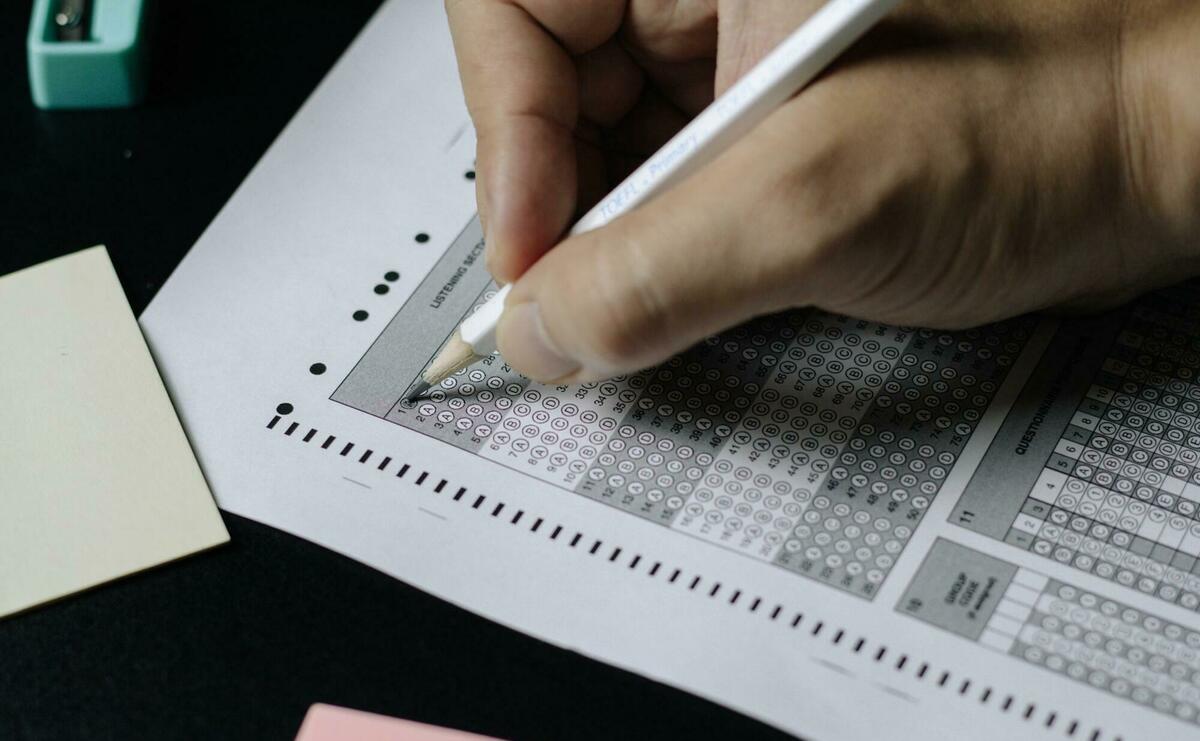Online Exam Proctoring Technologies to Keep Academic Integrity
Modern technology makes it easier than ever for students to cheat during exams. All a student needs to have is a mobile device and they can pass an exam without studying or revising. It is, therefore, more important than ever for academic institutions to institute exam proctoring. Technology is much better at identifying cheaters than real people are, which is why incorporating exam proctoring technologies into your organization’s examinations is so important.

To learn more about online exam proctoring technologies, keep reading – this post will tell you everything that you need to know about them:
Device Monitoring
Device monitoring or proctoring tools are without a doubt the most effective ways of ensuring academic integrity, preventing cheating from occurring. You can begin incorporating these into your college or school’s examinations by learning how smarterproctoring works and then investing in it. These kinds of tools make it possible for you to watch students in real-time, monitor for suspicious activity and verify their identities. Before you can use this kind of software, you need students to sign an agreement giving you permission to record them.
Varied Questions
In order to prevent cheating, you need to ask varied questions. In other words, give different students different versions of the same questions. It is not exactly uncommon for students to collaborate when they are cheating. By offering different versions of the same questions it will be difficult for students to work together to cheat. If some students have bought fake answer sheets, then it will render them useless, giving you a true impression of each student’s academic progress. Throughout the exam, present questions at different times. Do not follow the same question pattern for each of your students.
Academic Integrity
Before an exam begins, talk to your students about the importance of academic integrity. If students do not wholeheartedly devote themselves to revision and their exams, then they will fail. If they cheat and do pass then they will succeed not on their own hard work, but on somebody else’s. When young, teenage students tend not to care about the consequences of their actions. As they get older however, explain to them that they will feel ashamed of themselves for cheating, because they will be getting by on somebody else’s work, not their own, meaning their achievements are somebody else’s.
Different Versions
As mentioned previously, give different students different versions of the same exam. It is very common for students to buy cheat sheets, giving them all of the answers to an exam that they are going to take. However, with cheat sheets students tend to memorize the pattern and order of the questions, rather than the answers to the questions themselves; therefore, by giving different students different copies of the same exam, it will be impossible for them to follow along with any cheat sheets that they have used or have been intending on using. Reword questions as well.
Verifying Identities
Verifying the identities of participating students is something else that’s important. Unless you take the time to verify their identities, different people could take the exams for them. The most logical and effective way of verifying student identities is to get them to turn their cameras on when they are taking the exam, so you can see what they look like. At the beginning of each exam, students request to show their ID cards, holding them up next to their faces. By requiring ID to be shown, it will make it impossible for students to get other people to sit in for them.

Student Anxiety
The primary reason that people cheat during exams is nerves. When people are not confident about taking an exam, their natural instincts kick in and they try to succeed using means other than their own knowledge of the exam’s subject. Talking to students before an exam is taken about anxiety, integrity, and revision could potentially help students prone to cheating to work hard and succeed through revision and studying. Offer your support to ask students suffering from anxiety, as well. Anxiety during exams is one of the main reasons that students fail, even ones that have spent time revising.
Restrict Backtracking
In most exams, students are allowed to backtrack. Backtracking is when somebody taking an exam revisits earlier exam questions, after passing or completing them. While backtracking is a good way for students to go through and check their exams, it is also an effective way for them to cheat. It is not exactly uncommon for students taking exams to pretend they do not have webcams, so they can cheat. If you insist students appear on camera, then allowing them to backtrack makes it easier for them to find ways to cheat, even when you are watching and recording their movements.
User-friendly
While you should take steps to make each examination hard to cheat on, at the same time you should also be focusing on making examinations user-friendly, so students do not get confused. Overcomplicating an exam to root out cheaters can have a devastating impact on the concentration of students. If you make an exam extremely hard to use, with confusing questions and weird layouts, even students who have revised could struggle. Your examinations should be as user-friendly and approachable as possible, while at the same time hard for cheaters to manipulate. Proctoring software is the easiest way of achieving such exams.
Recording Students
During examinations, record students. As mentioned earlier this can help you to determine their identities. Another advantage of recording students is that if they begin cheating, you will be able to catch them. Employ somebody to watch each student’s exam recording, looking for signs and evidence of cheating. If a student’s eyes keep darting down into their lap or if they keep checking their phone, it is a strong indication of cheating. Paying somebody to spot these signs on recordings will then give you the ammunition to confront students, asking them to retake exams or completely disqualifying them. Make sure cheating students are punished. Letting them get away with their rule-breaking will encourage them to continue cheating throughout the rest of their life.
Examinations are a stressful time for students and teachers. Individuals not confident in their abilities to tackle exams tend more often than not to cheat, more out of desperation than anything else. Identifying such students will make it easier for you to ensure each examination is fair for everybody involved. Proctoring technology can make identifying these students easy.